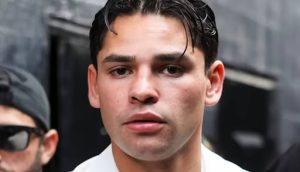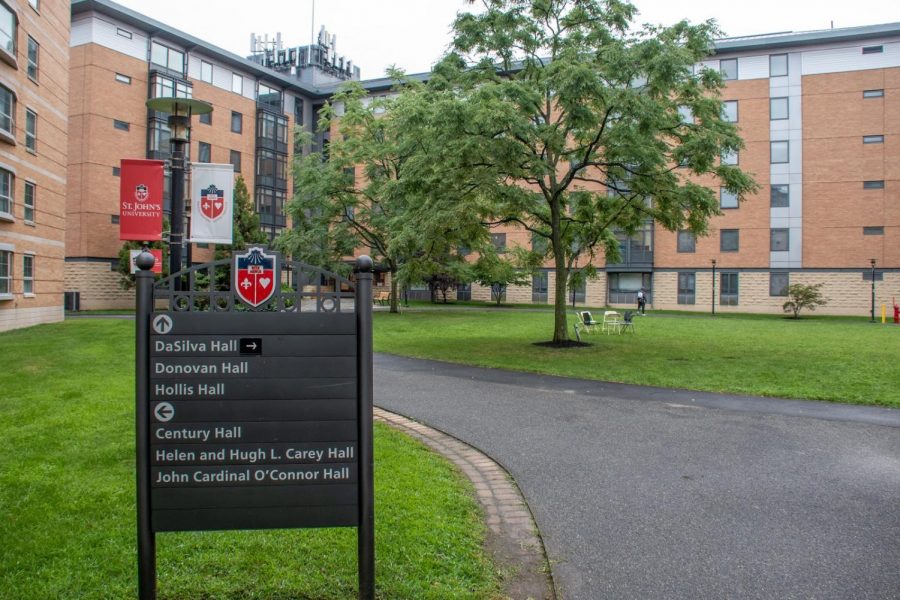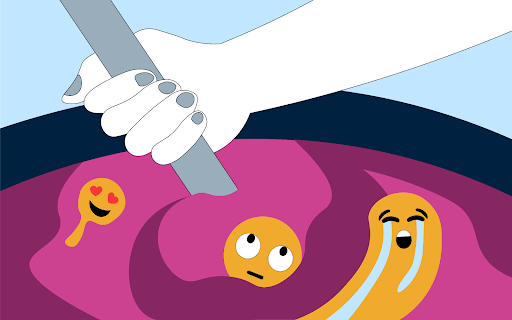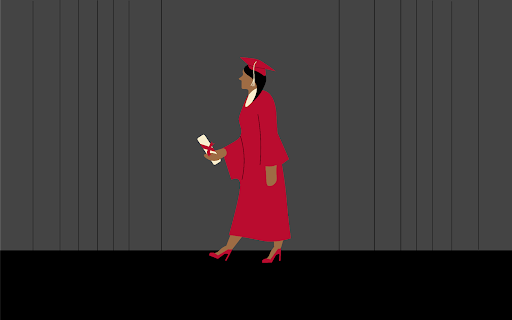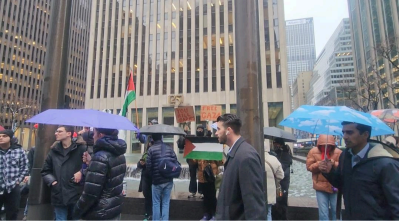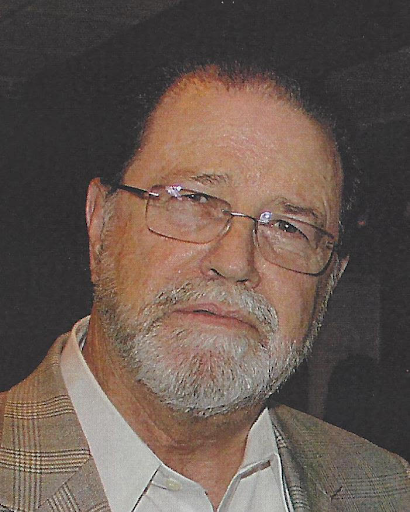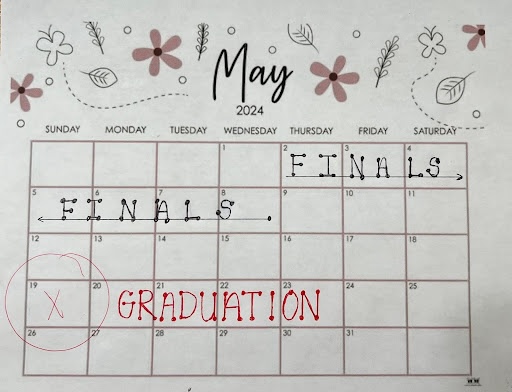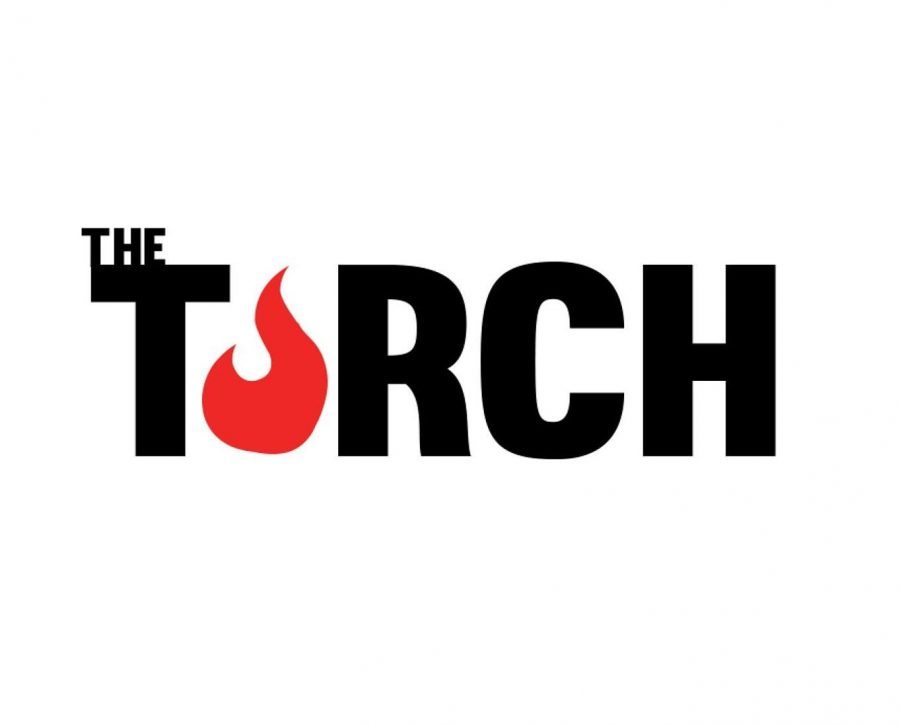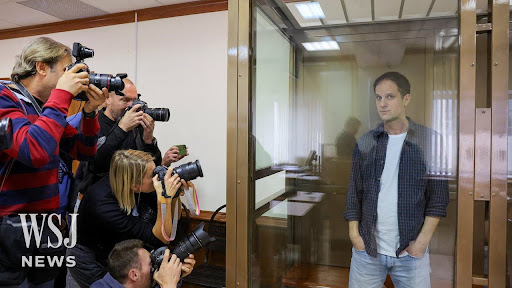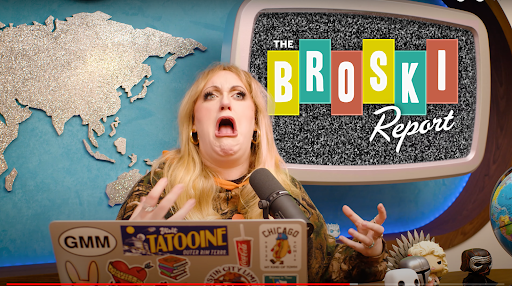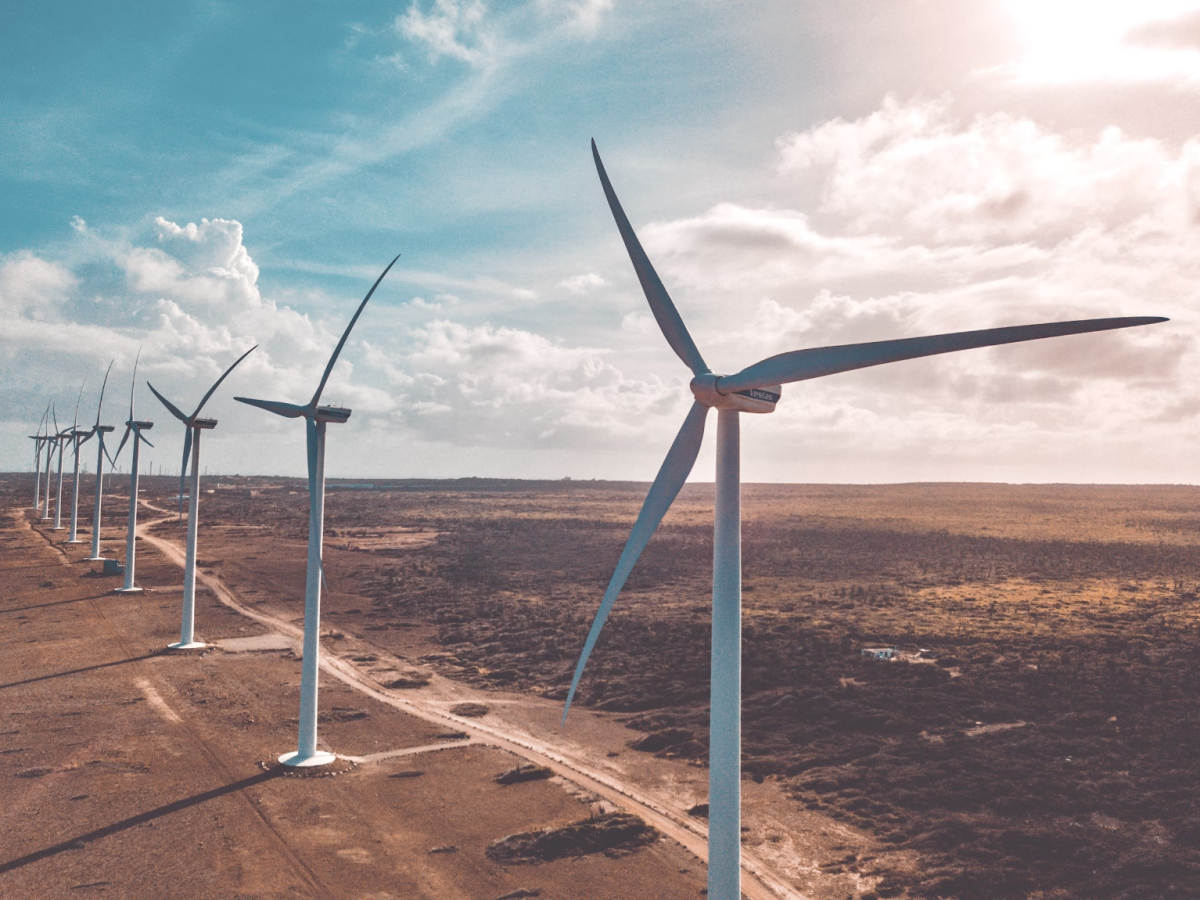When prominent Saudi Arabian journalist, Jamal Khashoggi, who in the past criticized the reign of Crown Prince Mohammad bin Salman, disappeared after entering the Saudi Consulate in Istanbul on Oct. 2, the story struck some as familiar. In a world in which secrets are power, journalists, working as truth-seekers, sometimes go missing or are killed by the groups they attempt to uncover.
Since Khashoggi’s disappearance, senior Turkish officials stated that within the two hours after he arrived at the Consulate, Khashoggi was killed by a team of fifteen Saudi agents, who flew in that day, dismembered him with a bone saw and took him out of the consulate. However, Saudi officials, including the Crown Prince, claim no part in the disappearance, and on Oct. 3, even stated “We have nothing to hide,” and Turkish investigators were free to search the consulate.
Although Turkey has always been at odds with Saudi Arabia, it is important to note that this skepticism does not answer the question of where exactly Khashoggi is.
Given that information on Khashoggi’s whereabouts could be corrupted by these disagreements, readers understandably have a hard time following along. But in the event that concrete evidence is found on Khashoggi’s apparent death, readers around the world will feel the gravity of daring to uncover the truth.
The journalist is not treated as a noble hero in other countries, and rarely seen as virtuous in today’s United States — but we have to consider the result of Khashoggi’s work if he had not disappeared.
Through his reporting work and commentary on Saudi leadership, including his column in The Washington Post, he has shown his dissent for Crown Prince Mohammed bin Salman; a man who is known for putting dissenters in prison. Khashoggi is well aware of those who have been killed or imprisoned while fighting for truth. He knows the risks, he understands that people aren’t going to like what he publishes and he resonates with activists around the world.
Yet, he never chose to stop working for the sake of his protection. That’s because his work protects the freedom of decision-makers all over the world.
President Donald Trump’s response to this alleged murder has been met with deserved criticism, from Democrats and Republicans.
“Here we go again with you know you’re guilty until proven innocent,” Trump told the Associated Press, comparing the allegations against Saudi Arabia to the allegations against Supreme Court Justice Brett Kavanaugh.
Instead, he believes “rogue killers” killed Khashoggi, “a feeling” he from speaking with the king Salman of Saudi Arabia.
“He said he and his father knew nothing about it. I spoke to the king yesterday, the crown prince, today wanting to know what was going on, what was happening, and he said very strongly that he and his father knew nothing about it but … they’ve already started a major investigation to find out,” Trump said.
This dismissal of the gravity of such an act reflects Trump’s own view of the media and journalists as a whole. A slow and muted response by Trump and his administration, coupled with his anti-press verbiage — “enemy of the people” — fails to recognize the ever-needed purpose of a journalist.
For a journalist’s job is to serve as the fourth estate of democracy, a bridge between the people and the government, serving as a key check on the powers of local and national communities. Even in countries in which a democratic state is not established, journalism serves the same purpose: To ask the questions the people need the answers for.


